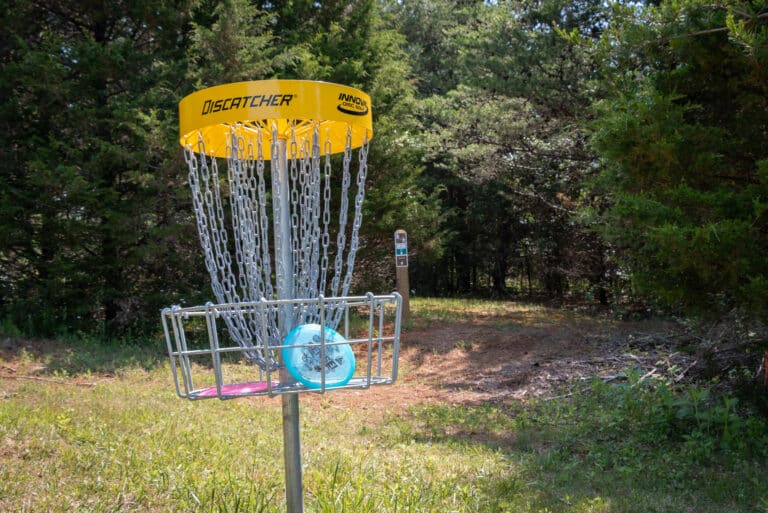Dear EarthTalk: Within my lawn I have over 100 citrus, mango and avocado trees. When I use Scott’s Bonus S Weed and Feed, am I feeding my new fruit any poison? Will the weed killer be taken up by the fruit? — Richard Weissman, Miami, FL
In short, yes and yes: You will jeopardize the health of your fruit trees and your yard in general if you use such products. Scott’s Bonus S Weed and Feed, as well as many other “weed-and-feed” fertilizers (Vigero, Sam’s, etc.), contain the harsh chemical herbicide atrazine, which excels at terminating fast-growing weeds like dandelions and crabgrass but can also kill other desirable plants and trees and damage your entire yard as toxin-carrying root systems stretch underground in every corner and beyond.
Howard Garrett, a landscape architect who founded the DirtDoctor.com website and is an evangelist for natural organic gardening and landscaping, points out that anyone who reads the label on such products will learn that even manufacturers don’t take their health and environmental effects lightly. Some of the warnings right there in black and white on the Scott’s Bonus S Weed and Feed packaging include precautions against using it “under trees, shrubs, bedding plants or garden plants” or in the general vicinity of any such plants’ branch spreads or root zones.

Scott’s also recommends not applying it by hand or with hand-held rotary devices or applying “in a way that will contact any person either directly or through drift.” And just in case you were thinking it was okay for the environment, Scott’s adds that “runoff and drift from treated areas may be hazardous to aquatic organisms in neighboring areas” and that the product is “toxic to aquatic invertebrates.”
Of course, homeowners aren’t the only ones who want lush plant or grass growth without weeds. Farmers have been using atrazine for decades all over the country, although not surprisingly concentrations are highest along the Midwest’s so-called Corn Belt. The herbicide consistently delivers slightly increased agricultural yields, but environmentalists wonder at what cost. The Natural Resources Defense Council (NRDC), a leading environmental research and advocacy non-profit, reports that atrazine exposure has been shown to impair the reproductive systems of amphibians and mammals, and has been linked to cancer in both laboratory animals and humans. Male frogs exposed to minute doses of the herbicide can develop female sex characteristics, including hermaphroditism and the presence of eggs in the testes. Researchers believe such effects are amplified when atrazine and other chemicals are used together.
As to safer alternatives, Garrett recommends organic fertilizers. “Synthetic fertilizers are unbalanced, often contain contaminants, have no carbon energy, contain far too much nitrogen and have few trace minerals,” he says. “Organic fertilizers, on the other hand, contain naturally buffered blends of major nutrients, trace minerals, organic matter and carbon. They have lots of beneficial life and, most important, they contain nothing that will damage the roots of your trees and other plants.” Some of Garret’s top choices include corn gluten meal (a natural way to prevent the growth of new weeds), THRIVE by AlphaBio, Garrett Juice, Ladybug, Medina, and Soil Mender. More and more choices are coming on the market all the time thanks to the growing popularity of organic gardening.
CONTACTS: Scotts, www.scotts.com; The Dirt Doctor, www.dirtdoctor.com; NRDC, www.nrdc.org.
SEND YOUR ENVIRONMENTAL QUESTIONS TO: EarthTalk®, c/o E – The Environmental Magazine, P.O. Box 5098, Westport, CT 06881; [email protected]. E is a nonprofit publication. Subscribe: www.emagazine.com/subscribe; Request a Free Trial Issue: www.emagazine.com/trial.







